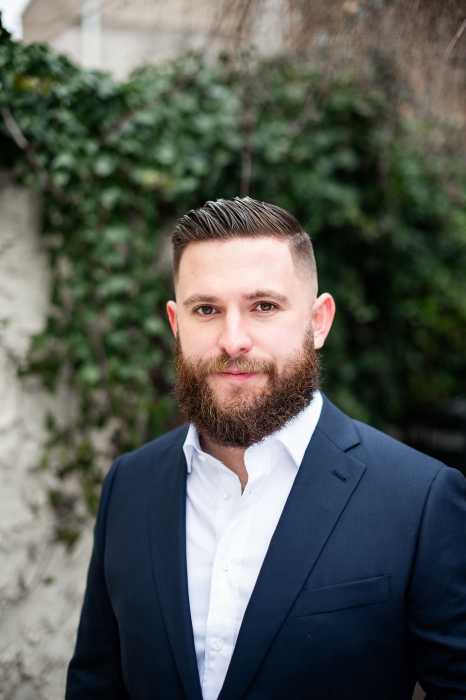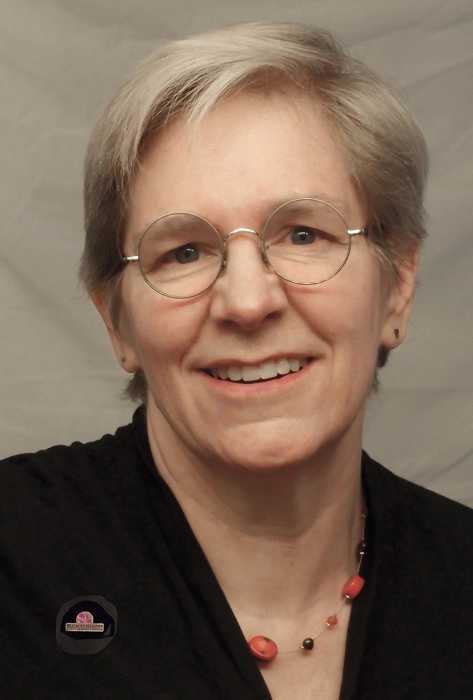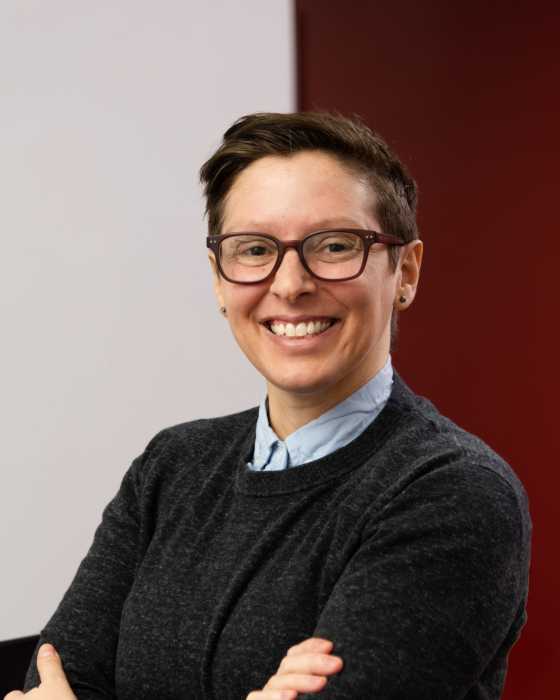Dr. Danna Bodenheimer (she/her), founder and director of the Walnut Psychotherapy Center, has worked in the field of mental health for over 15 years. Her expertise is mostly centered around working with the LGBTQ+ population. She takes cutting-edge approaches to thinking about and treating individual and organizational trauma. She has also long studied the impacts of dual marginalizations and intersecting forms of oppression on the psyches of individuals in treatment.
What is your favorite Pride month event or celebration?
I don’t have strong positive feelings towards Pride month. I have found its commercialization, over time, to feel increasingly dehumanizing. That said, I am incredibly proud of the success of the more inclusive pride flag that Amber Hikes introduced in Philadelphia and is now used internationally. Amber’s bravery shifted how representation occurs in such a powerful way.
What LGBTQ+ icons or activists have inspired you?
I follow the teachings and writings of Audré Lorde most closely. She was able to write about intersectional identity and the functioning of oppression in ways that are always with me. She also truly speaks to the personal as political, which feels like it is at the heart of my queer identity. I also happen to love Jeopardy Amy and how cool and smart she is.
What can people and corporations do to support the LGBTQ+ community year-round, not just during Pride month?
The attacks on LGBTQ+ rights are unrelenting and increasingly scary. On a basic level: every workplace should focus on offering gender neutral bathrooms, normalizing the sharing of pronouns, and changing all paperwork to decentralize the gender binary. My biggest fear is the evolving laws that criminalize gender affirming treatment for children. These need to be seen as the dog whistles to conservative organizing that they are. Much discourse around trans youth appears benign at first glance, but is wracked with the transphobia upon deconstruction of it. Think critically about everything you read and see.
How can businesses create more inclusive environments for their employees and patrons?
Start by asking your queer employees for their input in central decision making processes. Elevate queer staff to have power in the organizations that they are a part of. Make sure that not all rules and guidelines have been designed by cis-gendered or straight people, who might not see the harmful impact of these policies on the queer population.











